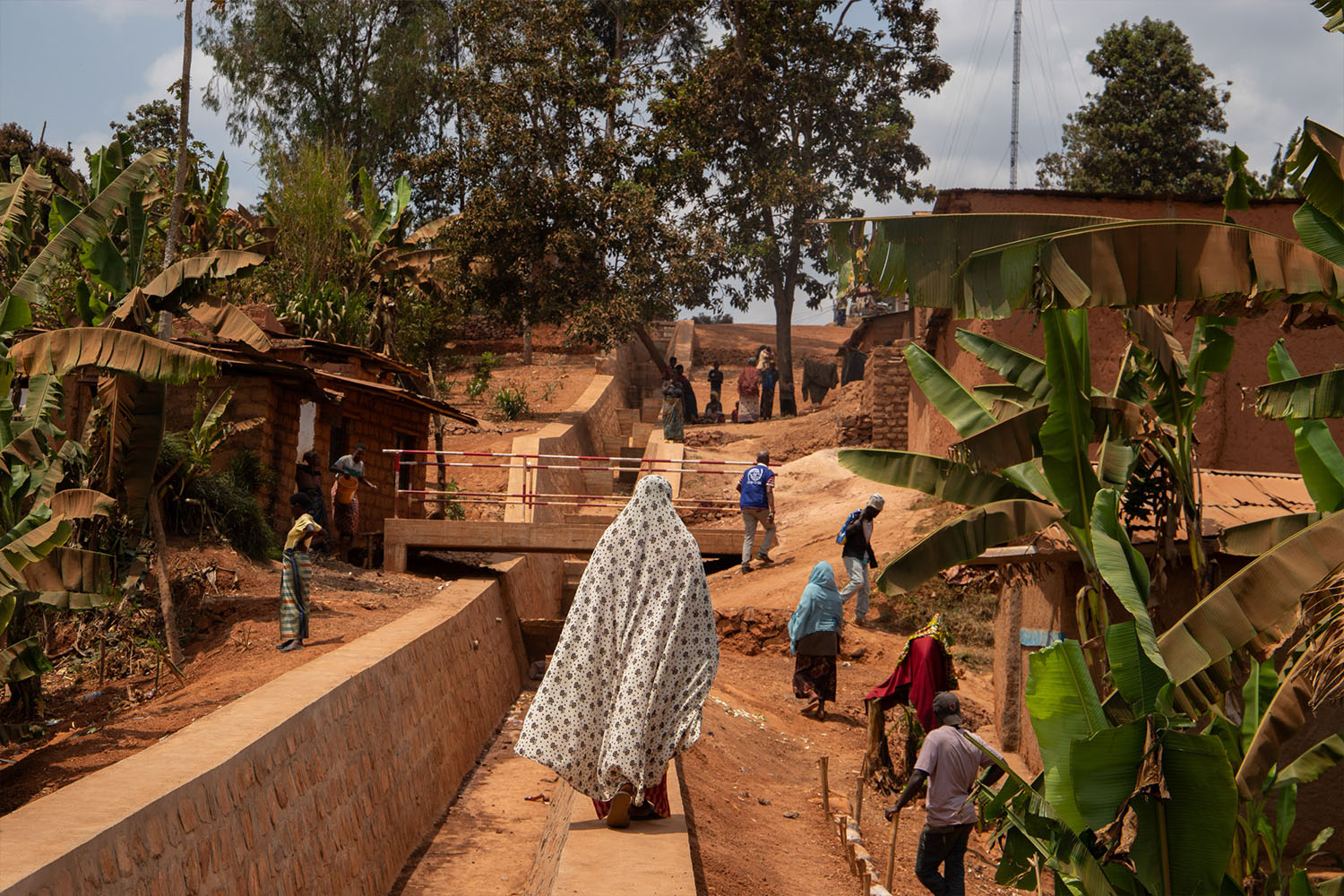Burundi: Beyond Self-Reliance to Leadership

Executive Summary
This joint work of Tapestry International (USA) and Partners Trust International (Burundi) is a strategic master plan from which further activity level plans will be developed. It provides an overview of the poorest country on Earth, Burundi, and then proceeds to lay out six principles for partnering with others to move Burundi from the poorest country to a prospering country able to provide regional leadership and contribute on the world stage.
The six principles enumerated are:
1) to Engage with local partners and local stakeholders;
2) to Create Reproducible Capacity Not Dependence with each activity undertaken;
3) to embed the principles of Reconciliation as a foundation for each activity undertaken;
4) to measure each activity undertaken in order to Learn, modify, and improve future activities as well as to promote learning as a part of leadership development;
5) to recognize the role of the individual and the economic systems that best utilize the power of the individual in creating a society that Prospers and Thrives; and
6) to adopt World Class Standards for measuring success. Additionally, the role of the Burundian Christian church is recognized in its prevalence across all of Burundi society and the value it brings as a partner in the holistic development of Burundi.
Purpose
This document is written to provide an overall framework for engaging with those who are seeking to improve the conditions of Burundi and its citizens. It is a joint work of Tapestry International (USA) and Partners Trust International (Burundi). The basic principles articulated are the result of a worldview that incorporates a holistic approach to economic, community, social, and spiritual development. From these basic principles, more detailed plans for engaging with specific partners and undertaking specific actions will be developed. This approach creates a mechanism for integrating each activity into a comprehensive plan.
Objective
While self-reliance may seem an ambitious goal, this is only an intermediate goal for Burundi. The objective is to achieve world class standards flavored with the unique attributes of Burundian Africa. It is not enough to aim to survive among one’s peers. The objective is to thrive and to contribute to the benefit of all.
The Elephant in the Room
There is often the unstated bias that there is something wrong with poor people that dictates their poverty. They must be lacking in some inherent aspect of intellect, work ethic, or some other needed personal attribute of successful populations. This seems to be a particularly prevalent notion with respect to those countries which are resource rich yet still poor.
This pernicious belief is categorically rejected. Burundi’s issues are systemic and addressable, not inherent to their ethnicity, character, or any other personal attribute. This is supported not only by belief, but by the numerous anecdotes with respect to Burundian emigrants having substantial success in their new environs. If Burundians were inherently lacking, then they would not be able to succeed in new environments any more so than they could in Burundi. Even the remittance levels of Burundian expatriates, which is approximately 1.5% of the Burundian GDP, disprove the concept of inherent limitations.
The authors’ response to Burundian emigrant success is one of curiosity. What is it that allows success in new environs that was not achieved within Burundi? The issues must be systemic to the current context within Burundi and not inherent to Burundians themselves.

Looking to get something started?
Looking for a
way to get involved?
Contact
We’d love to hear from you!
Whether you have a current project in the work or a strategic partnership in mind, this is the best way to get the ball rolling with Tapestry. If you have a question or need some more basic info, we’re here for that too. Just fill out the brief form and we will get something scheduled!

0 Comments